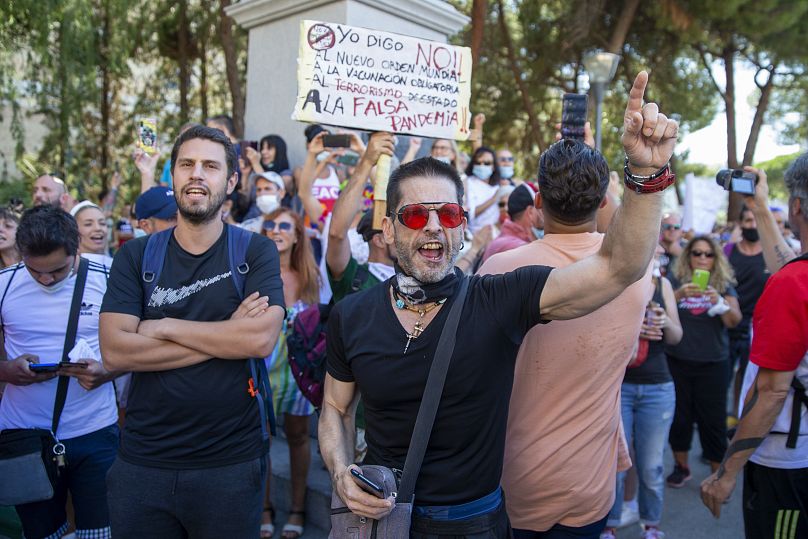As the death toll due to COVID-19 hits one million, experts say it's likely that another million could die from the disease before a vaccine is found.
The number of people who have died globally as a result of COVID-19 has reached the one million mark, a grim milestone that comes just nine months after the disease first emerged in Wuhan, China.
Worldometer, which collects data from a number of official sources including governments, reported that the number of reported deaths worldwide surpassed 1 million on Monday morning.
Preventing another million from dying from the virus will only be possible if countries use all the tools available, experts from the World Health Organization (WHO) said on Friday. This includes issuing physical distancing measures, mass testing and contact tracing.
If they fail to prevent coronavirus transmission, however, it's not only "imaginable" that there could be another one million dead but it's "likely," said Dr Mike Ryan, executive director of WHO's health emergencies programme.
The warning comes amid a worrying rise in cases and hospitalisations in several European countries where protests against new measures are beginning to hamper efforts to contain what many are already naming a second wave of the outbreak.
Hundreds of protesters showed up in London's Trafalgar Square in a protest organised by a group "Stop new normal" that argues that virus restrictions limit people's freedoms.
Several hundred protesters took to the streets in Madrid where Spain's health minister has encouraged local authorities to issue new lockdown measures affecting a larger proportion of the city's population.
Protesters said that only poorer neighbourhoods were subject to the new restrictions. From Monday, about one million people out of a population of 6.6 million will only be able to leave their neighbourhood for work, school or going to the doctor.
Multiple major cities in France are now subject to more restrictions due to rapidly rising cases of COVID-19.
But restrictions in Marseille, France's second-largest city, were delayed after elected officials and professionals expressed anger over the closure of bars and restaurants. The restrictions have since been limited to only apply to 15 cities or towns as opposed to 90.
Meanwhile, Italy, the first European country to be struck by the devastating pandemic, but now has fewer cases compared with its neighbours.
Yet some hospitals in Rome say there has been an increasing number of COVID-19 patients in the last 15 days.












